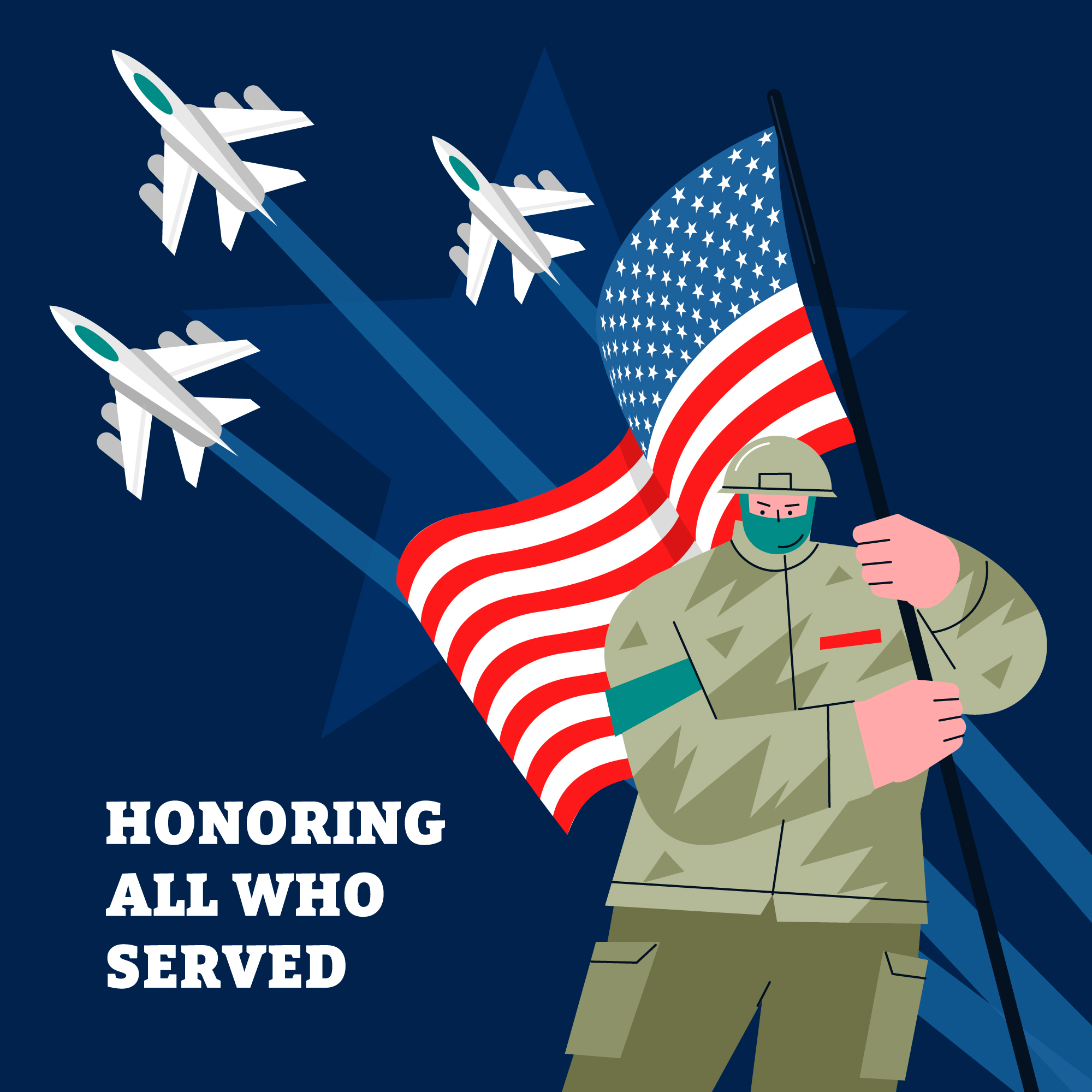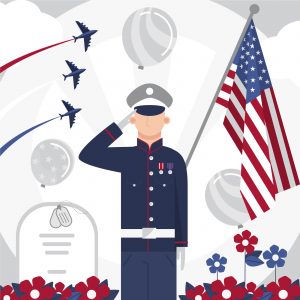In the ever-changing landscape of global security, intelligence plays a pivotal role in safeguarding national interests. Within the United States Air Force, intelligence officers, designated by the Air Force Specialty Code (AFSC) 14N, are at the forefront of gathering, analyzing, and interpreting critical information. This essay explores the unique training process at Air Force Officer Training School (OTS) for aspiring 14Ns, delving into the comprehensive curriculum that equips future intelligence officers with the skills and knowledge needed to excel in their roles.
Specialized Intel Training at Air Force OTS:
For individuals selected to pursue the AFSC 14N intelligence career field, the training process at Air Force OTS encompasses both the core curriculum of all officer candidates and specialized intelligence training modules. These modules are designed to develop the unique skill set required of intelligence officers. Let’s delve into the key components of this specialized training process:
General Officer Training:
Like all OTS candidates, future intelligence officers undergo a comprehensive foundational training program. This phase instills core competencies, including leadership, teamwork, discipline, physical fitness, and the Air Force’s core values. General Officer Training ensures that candidates develop the fundamental qualities essential for effective leadership and professional conduct within the military.
Intelligence-Specific Curriculum:
To prepare intelligence officers for their multifaceted roles, Air Force OTS delivers a specialized curriculum that encompasses a wide range of intelligence disciplines. This curriculum provides a solid foundation in intelligence principles, techniques, and tools, and covers various areas such as signals intelligence (SIGINT), imagery intelligence (IMINT), geospatial intelligence (GEOINT), human intelligence (HUMINT), and all-source analysis.
Technical Training:
Alongside the core intelligence curriculum, future 14Ns undergo technical training that hones their expertise in specific intelligence systems, software, and analysis techniques. This phase equips officers with the necessary technical skills to effectively exploit intelligence data, produce actionable intelligence products, and communicate their findings to key stakeholders.
Hands-On Learning and Simulated Scenarios:
Air Force OTS recognizes the importance of practical experience and real-world application in preparing intelligence officers. Aspiring 14Ns engage in hands-on learning activities and simulated scenarios to sharpen their skills. These include:
Tactical Exercises:
Intelligence officers must possess the ability to support military operations effectively. At OTS, candidates participate in tactical exercises that simulate real-world scenarios, requiring them to apply their intelligence knowledge and analytical skills to support mission planning, target identification, and threat assessments. These exercises develop their ability to analyze information in dynamic situations and provide actionable intelligence to support operational objectives.
Collaborative Projects:
Collaboration and teamwork are crucial aspects of intelligence operations. OTS fosters these skills by assigning candidates to collaborative projects that mirror the interagency and joint environments they will encounter in their careers. These projects involve working closely with fellow candidates from different career fields, encouraging effective communication, information sharing, and collaboration to achieve mission success.
Intelligence Briefings:
The ability to effectively communicate intelligence findings to decision-makers is paramount. OTS provides candidates with opportunities to refine their briefing skills by conducting intelligence briefings to simulated commanders and senior officers. These exercises enhance their ability to synthesize complex information, deliver concise and actionable briefs, and answer questions under pressure.
Ethical Considerations and Professionalism:
Intelligence officers must uphold the highest ethical standards and demonstrate professionalism in their conduct. Air Force OTS places significant emphasis on instilling these values in future 14Ns. This includes:
Ethics Training:
Candidates receive comprehensive ethics training to understand the ethical responsibilities and challenges they will face as intelligence officers. This training focuses on the protection of classified information, adherence to legal and regulatory frameworks, and the importance of maintaining professional integrity in the face of ethical dilemmas.
Security Clearances:
Given the sensitive nature of intelligence work, aspiring 14Ns undergo an extensive background investigation and clearance process. OTS ensures that candidates understand the importance of safeguarding classified information, the ramifications of mishandling such information, and the need for continuous security vigilance throughout their careers.
Professional Development:
OTS instills a sense of continuous learning and professional development in intelligence officers. Candidates are encouraged to stay abreast of technological advancements, emerging intelligence methodologies, and geopolitical trends. OTS also fosters a culture of mentorship and provides resources for ongoing education and career progression within the intelligence field.
The Air Force Officer Training School’s specialized training process for AFSC 14N is designed to mold aspiring intelligence officers into strategic thinkers, adept analysts, and effective leaders. By combining a comprehensive curriculum, hands-on learning experiences, and a focus on ethical conduct and professionalism, OTS equips future 14Ns with the necessary skills and knowledge to support decision-making, drive operational success, and safeguard national interests in the complex world of intelligence.


